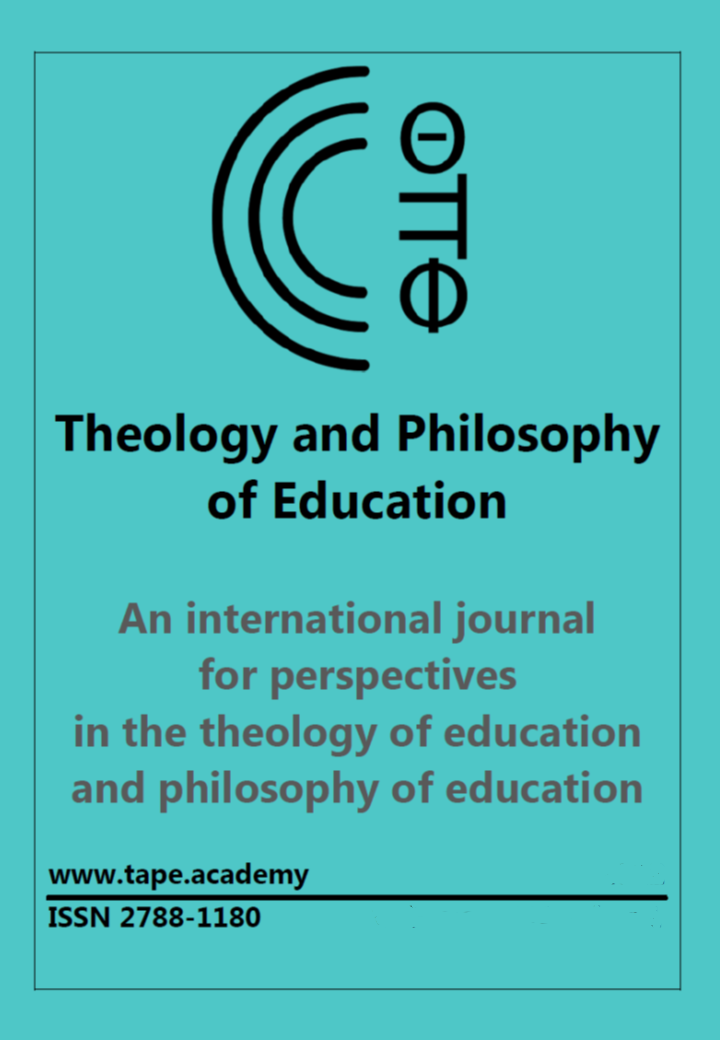
We kindly inform you that, as long as the subject affiliation of our 300.000+ articles is in progress, you might get unsufficient or no results on your third level or second level search. In this case, please broaden your search criteria.

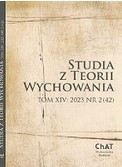
The author analyzed the scientific dissertations of Polish scholars for whom hermeneutics as a direction of contemporary philosophy, including the method of researching ideas, theoretical premises of education and upbringing, contributed to the development of contemporary pedagogical thought and methodological self-awareness. The qualitative research paradigm requires researchers to be competent in understanding and interpreting the phenomena they are interested in. The aim of this article is therefore to make educators aware of the need to see in the analyzed dissertations from the period of the totalitarian state the use of hidden hermeneutics by scientists as a result of the existing political censorship. The freedom to conduct scientific research, regained in Poland after 1989, contributed to the dynamic development of general pedagogy, the theory of education and comparative studies of pedagogical thought. At the same time, the author warns against escaping from the freedom of a part of the scientific community as a result of subordinating the political correctness to the interpretation of the theories studied or the results of empirical research.
More...
School is not a place of neutral education. The theory and practice of “school life” are conditioned not only by pedagogical, cultural and legal concepts, but also by the forms of social consciousness and ideological interests of various social groups. The idea of half-education or Halbbildung was formulated by Th.W. Adorno. It describes a distorted education, organized around dominant ideological interests, including utilitarian and instrumental thinking. In this article, the concept of Halbbildung is applied to school religious education in Poland. Not only does this concept reflect the hermeneutic dimension of critical theory but also underpins the hermeneutics of educational practice. The analyses presented use data on students' participation in religious education lessons and the results of original research on the rationality of school education. Such a critical approach is an impulse to reflect on the essence of religious education at school, especially in light of the idea to make religion a compulsory school subject. The obligatory status of religious education as part of the curriculum of in public schools poses a challenge to the pedagogical discourse in Poland and in other countries that have made or are considering such a decision and in such a scope. From a theoretical perspective, this is a challenge in terms of pedagogical hermeneutics.
More...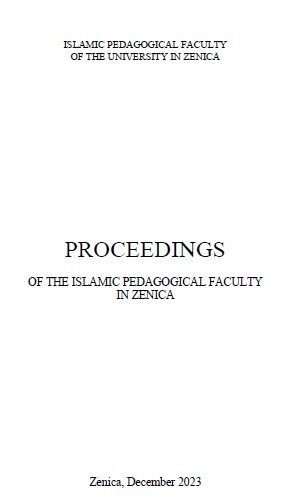
Review of: „O Pedagogiji Čovjeka – Od čovjeka kao bića učenja do učećeg društva“ by Mujo Slatina; Bužim: Ilum d.o.o., 2023, 361 str.
More...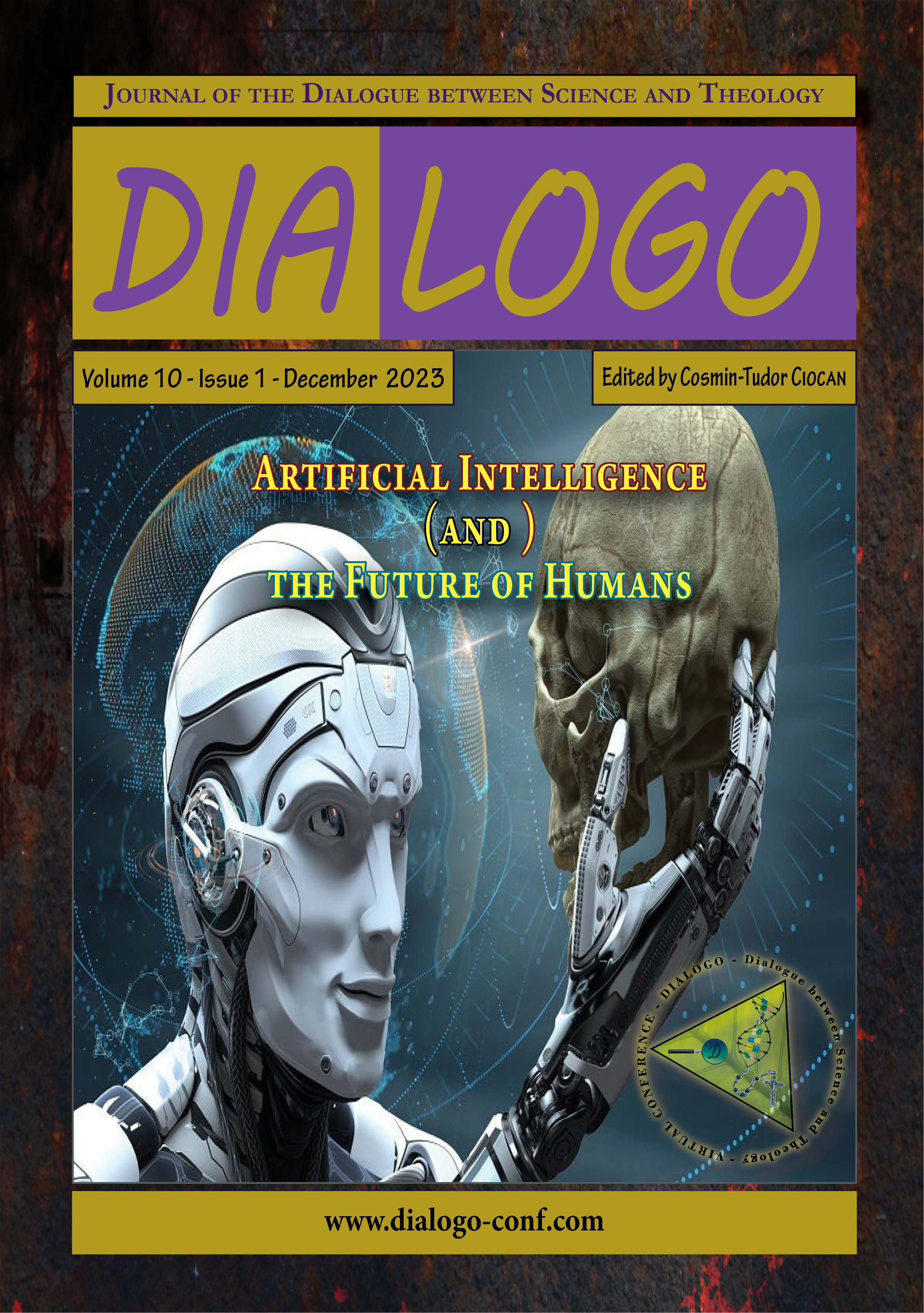
This article aims to provide examples of inducing/improving students motivation to manifest the desire to identify, through coaching, the moral values that exist in the texts used as didactic support for the activities of Communication in the Romanian language/Romanian language and literature. We want this to be felt as a pleasant, natural activity in the context of investigating the literary text, not as an old and boring practice. Especially in the primary classes, the critical reception of an artistic text, in traditional Romanian education, also involves this identification of the moral values transmitted by the literary text, and their analysis. However, the current didactics do not make references in this sense, but the usefulness of discussing the moralizing aspects contained in the text is unquestionable. This is why we feel it’s necessary to present our point of view towards this practice and to propose solutions in this regard. We mainly had in mind the external conditions of learning that are related to the internal ones, aiming at the production of insights and the longevity of the retention of memorized contents.
More...
Review of: Filosofie, Educație, Distanță. Lucrările conferinței naționale online de filosofia educației, Coordonator: Marin Bălan, Prefață: Prof. univ. dr. Laura Comănescu, Editura Universității din București, 2022, 302 pp.
More...
The paper is dedicated to Humboldt ‘s understanding of the concept of Bildung and its reception to this day. In the triangle of Humboldt’s ’Theory of Human Education’ and his later writings, Adorno’s ’Theory of Half-Education’ and Liessmann’s ’Theory of Non-Education’, the fate of not only discursive changes in the focus of that educational vision is followed, but also the efforts of its practical implementation, betrayal and rejection. After the contextually situating Humboldt’s endeavor, the basic ideas of his comprehension of education and his ambiguous efforts to realize them are presented. The second and final part of the paper try to calculate the costs and perspectives of both the realization of Bildung’s ideals and its abandonment.
More...
The question of the importance of education in democracy is as old as democracy itself. Greek thinkers devoted much of their fruitful oeuvre to the concept of education, aiming at realization of better and more just life in the community. Modern thinkers, especially Locke, Rousseau and Mill, showed great interest for the issue of education of citizens in the democratic societies of their time. Dewey emphasized the importance of education in democracy like no one before, or after him. He devoted a significant part of his extensive work to the question of the role of and the kind of education that is fundamental for the members of community who want to prepare for participation in public life, in the best possible way. The issue of interrelation of democracy and civic education completely neglected after Dewey, again become relevant with appearance of deliberative democracy. Following Dewey’s tradition, I will argue that the form of democracy that calls for broad participation of citizens in solving public problems requires some education. The ability of people to participate in public deliberation depends on whether they have acquired certain skills, values and knowledge.
More...
Ce texte a deux parties. La première offre une reconstruction de l'argumentation du Conflit des facultés, tandis que la seconde essaye d'établir comment celle-ci pourrait être utilisée aujourd'hui, et à quelles conclusions amènerait-elle. Or, dans le Conflit des facultés Kant a demandé une réforme universitaire qui donnerait aux philosophes le droit de commenter et de critiquer les programmes scolaires que le gouvernement impose aux facultés de droit, de théologie et de médecine. Quoique le contexte ait bien changé depuis ce temps, le devoir du philosophe kantien reste aujourd'hui le même et il consiste dans la critique des usages politiques des hypothèses scientifiques au sens large du terme, qui ont comme conséquence la répression, l'exclusion sociale et l'attaque au droit naturel des femmes et des hommes, ou la subversion de la paix internationale. La réforme proposée par Kant reste, cependant, contradictoire en ce qu'elle elle prévoit un système d'éducation publique et limite le droit au débat aux cercles des savants.
More...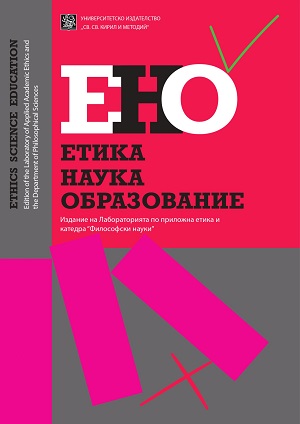
Sports subcultures are a relatively new social phenomenon. Their members are mainly young people looking for self-expression through their improvement in a given sport. The research into these subcultures provides valuable information about the value system of adolescents and their aspirations for realization. Our study can help form pedagogical methods and approaches to youth. The behaviour of adolescents, their way of life and desires are also an important characteristic of modern Bulgarian society. The study shows that, despite the burden of young people as a result of the digital exposure to new technologies, a generation is growing in Bulgarian society that is ready to step out of its comfort zone and to prove itself “physically” through its skills and desire to distinguish itself from the rest with abilities, not with material possessions.
More...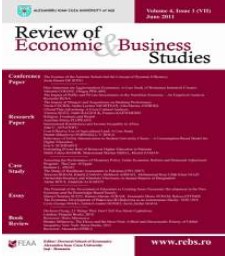
Now let me begin by making a few points on the true origin of the Austrian School of Economics, which should be traced back to the works of the Spanish Scholastics of what is known as the “Siglo de Oro Español” (in english the “Spanish Golden Age”), which ran from the mid 16th century through the 17th century. The great austrian scholar Murray N. Rothbard (one of the brightest followers and pupils of Ludwig von Mises) first developed the thesis that the Austrian School is of spanish origin in 1974. The Nobel Prize winner Friedrich A. Hayek shared this view, particularly after meeting Bruno Leoni, the great italian scholar and author of the book, freedom and the law. The two met in the 1950s, and Leoni convinced Hayek that the intellectual origins of classical economic liberalism lay in Mediterranean Europe and not in Scotland.
More...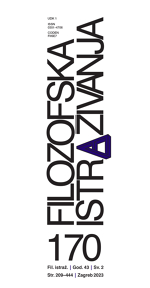
1. Međunarodni znanstveni skup »Dante Alighieri: pjesnik, teolog i filozof«; 2. Simpozij »Filozofija u potrazi za samom sobom« u povodu 80. rođendana akademika prof. emer. Branka Despota; 3. Promocija recentnih izdanja Žarka Paića; 4. Osječki dani bioetike; 5. Godišnji simpozij Hrvatskog filozofskog društva »Bibliozofija: knjiga u filozofiji i filozofija knjige«; 6. Simpozij »Spinoza i spinozizam«; 7. Predstavljanje časopisa Kozmologija.
More...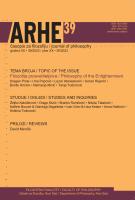
The aim of this paper is to approach the question of Enlightenment through the aspect of transcendental methodology. There are not many authors in the history of philosophy who dealt with this method. From this approach, one must emphasize the basic aspects of Kant's and Husserl's philosophy, authors who tried to show both the positive aspect of this historical movement, as well as its disadvantages. They believe that the idea of science based on the concept of the human mind, must be distinguished from the modern ideal of science, which is based on universal reason and the new paradigm of nature. Both of these authors believe that the idea of development and the question of the purposefulness of the philosophical task should be reconsidered.
More...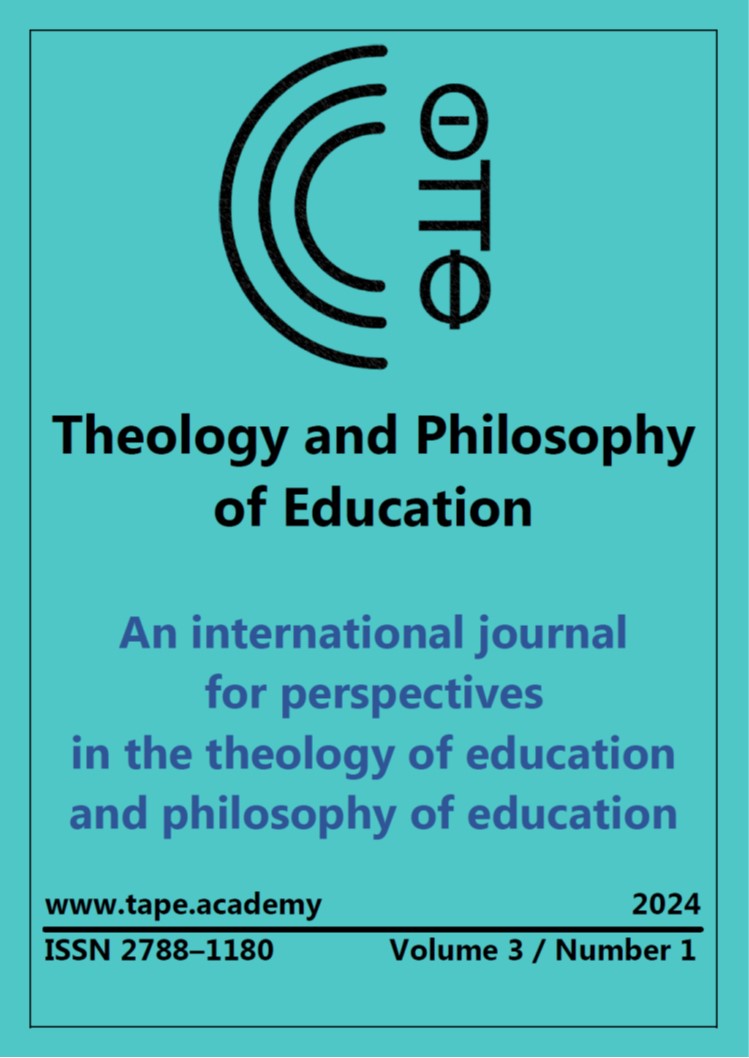
The paper attempts to answer the questions of what learning from negativity of experience perspective is and if it could become the right way of teaching and learning morality at school. It consists of three sections. The first one explains the fundamental distinction between negative moral experiences and negativity of moral experience. In the second section, the author’s attention focuses on the possibility of didactic application of teaching and learning from negativity of experience. The last section contains J. F. Herbart’s concept of educative guidance as a permanently valid theoretical framework for contemporary moral education at school.
More...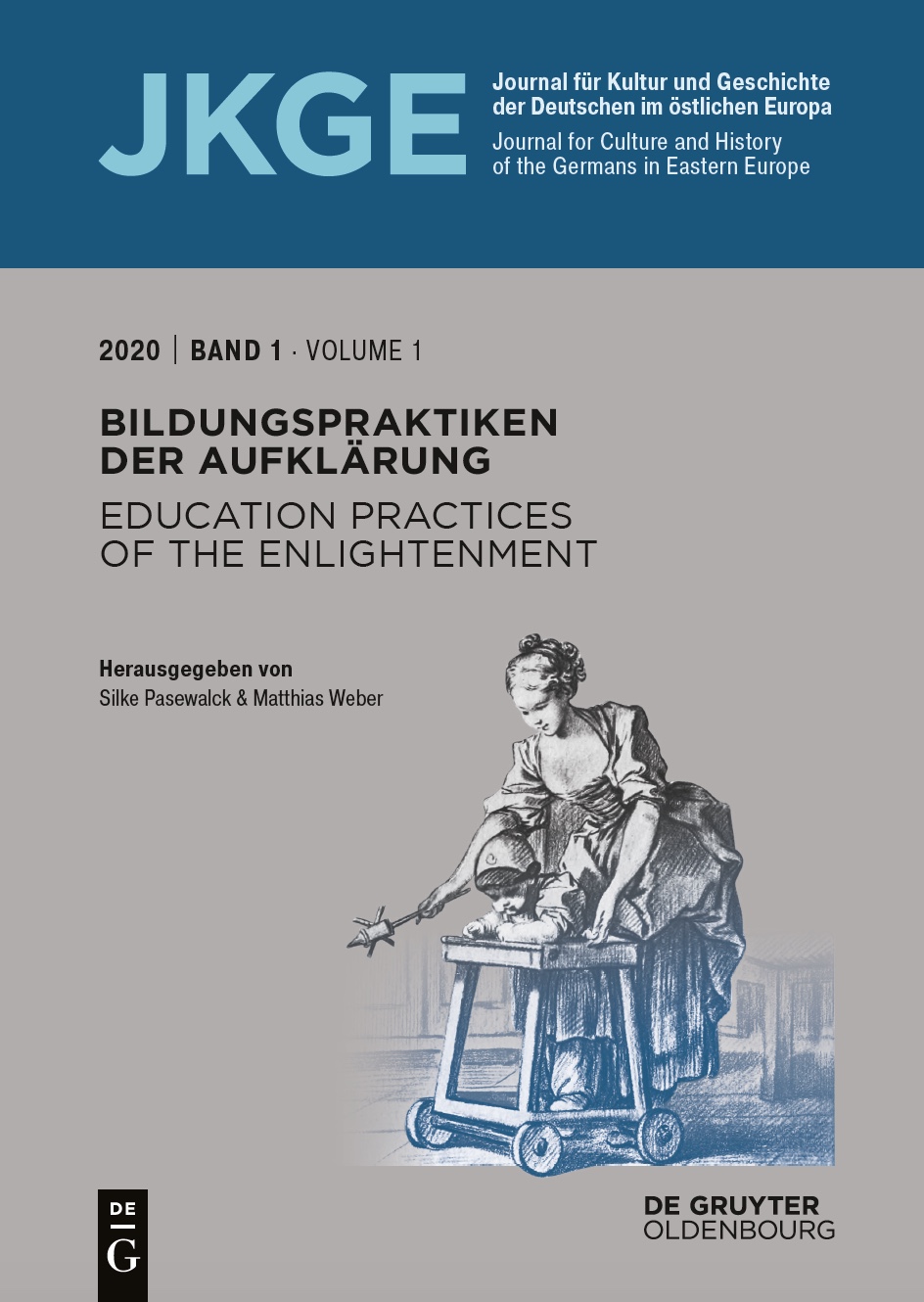
This article reconstructs the art of education course that was delivered by Karl Heinrich Seibt (1735–1806) at the Charles-Ferdinand University in Prague from 1771 to 1799, starting even before Maria Theresa’s school reform. It was not, however, aimed at preparing teachers for public schools, but preparing preceptors for private education. Drawing on hitherto unknown manuscripts of students’ notes from his lectures, the article demonstrates how the course developed in two phases. The first went from 1771 to the trial of Seibt in 1779, where he was combating Montesquieu’s concept of education that saw the climate as the factor in determining the unchangeable character of a nation. The second phase, from 1784 to 1799, was influenced by German Reformpädagogik where Seibt styled himself as a man of compromise between a Rousseauian “Entwickler” (“developer”) and the traditionalist “Naturverbesserer” (“improvement of nature”). He was also more concerned with the practice of education and hygiene in this phase. Finally, the article suggests that Seibt saw the Catholic religion as the most important guarantee of proper moral education.
More...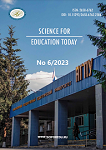
Introduction. The article examines how introducing the position of head teachers’ advisers on moral education and interaction with children’s public associations influences the quality of moral education in Russian secondary schools. The purpose of the article is to assess expectations, examine practices and reveal the potential for improving the quality of moral education of children and youth determined by advisers’ work. Materials and Methods. The authors conduct a theoretical analysis of the essence of the advisers’ work, their competence and areas of interaction with students and teachers. The analysis is based on: the theory of personality development in the process of moral education, the person-centered approach to moral education, the beliefs that advisers represent children’s interests taking into account their anthropological needs, and the provisions of support and guidance for purposeful moral education. Empirical research methods include a survey of teachers and current advisers on the Google platform, organization of focus groups and reflection of experience. Results. The article reveals teachers expectations about age characteristics of advisers, their competencies and areas of work; teachers’ expectations and advisers’ self-evaluation results have been compared; the positive experience of advisers’ work is presented. The study identifies the degree of advisers’ satisfaction with the process of interaction with students, teachers, parents and leaders of children’s public associations. Difficulties and limitations of advisers’ activities are recorded; contradictions and the potential influence of advisers on improving the quality of moral education of children and youth are analyzed. Conclusions. In general, the study has revealed a positive response from teachers and current advisers to the need to intensify moral educational work and demonstrated the sustainability of the demand for increasing students’ alertness and initiative. The study concludes that the influence of advisers on improving the quality of moral education in secondary schools will be more pronounced in case theoretical approaches to understanding the essence of advisers’ work, their role and functions in educational settings are developed; advisers’ professional competencies are clarified; scientific and methodological support for preparing and professional development of advisers are provided.
More...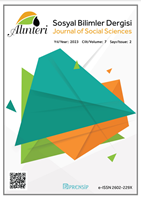
Analytic philosophy is a movement which emerged as a reaction to traditional philosophy around the end of the 19th century and the beginning of the 20th century. Analytic Philosophy of Education emerged partly as a reaction to traditional philosophy of education and partly with the desire to apply the general principles of analytic tradition in education. American Israel Scheffler and English Paul H. Hirst have produced many works since 1960s and so they are considered among the eminent philosophers of this field. In this study, the concepts of “critica/rational thinking” and “autonomy” have been studied and analyzed in the works of these two important figures. By adopting an analytic approach, firstly their arguments and propositions as regards the different educational topics have been classified and analyzed. Then their opinions as regards how they interpret these concepts, how importance they attribute to them and how these concepts can be used in education have been analyzed extensively. It has been found that critical/rational thinking can be seen as both the ultimate aim of education and the best means to reach this target for both philosophers, particularly for Scheffler. When it comes to the concept of autonomy, both philosophers think that every individual has an innate value and human dignity and so every person must have the right of free choice through rational thinking.
More...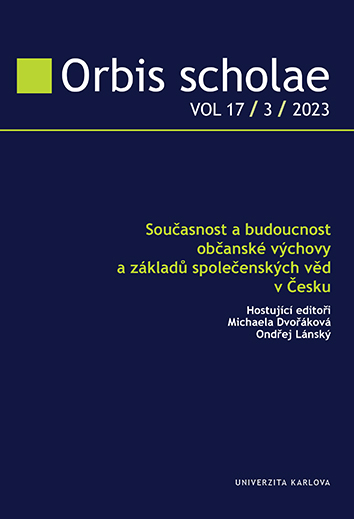
This theoretical study is based on the fact that critical thinking is part of the key competences and specifically civic competences, but it is not defined in detail in curriculum documents. Critical thinking is close to philosophical thinking. For the development of philosophical thinking, a competency-based approach is applied in foreign didactics of philosophy to define the objectives of the discipline. This study attempts to show that the competency-based approach is also suitable for the development of critical thinking in the context of teaching civics and social studies; it is thus necessary to know what critical thinking consists of. Therefore, the first aim of the study is to specify in more detail what critical thinking is, based on an analysis of two foreign conceptions of critical thinking, with an emphasis on its subcomponents. The second aim is to compare critical and philosophical thinking more closely and to show how a critical thinking perspective could enrich the existing elaboration of philosophical competencies. Given the similarity of these two ways of thinking, the author proposes that one of the goals of high school philosophy education should be the explicit development of critical thinking and that the skills, dispositions and knowledge needed for critical thinking should be taken into account in the specification of competency-based goals for philosophy education.
More...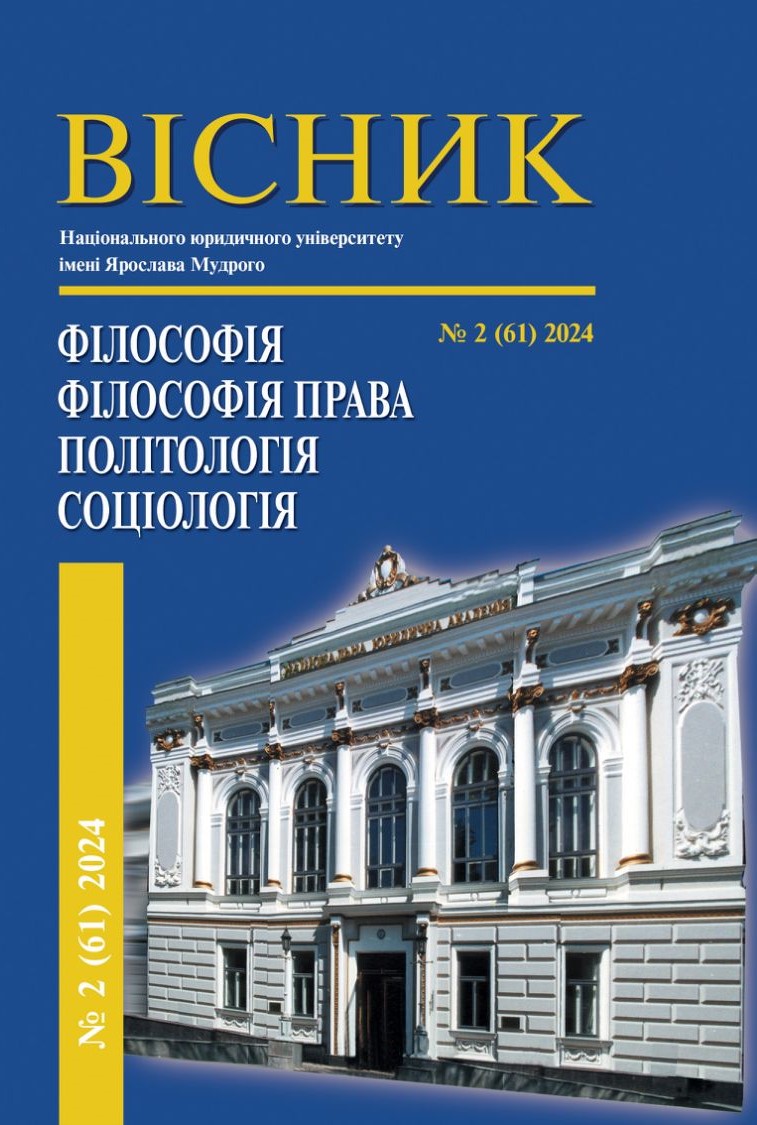
The article examines problematic aspects of the information culture among modern youth. Emphasis is placed on the necessity of enhancing the intellectual-analytical component of the information culture of the younger generation. It is noted that amidst the Russian-Ukrainian war, the spiritual sphere of domestic youth becomes a target of aggressive influence, carried out through mass media. Negative traits of youth information culture are identified, such as clip consciousness, clip thinking, and gadget dependency.
More...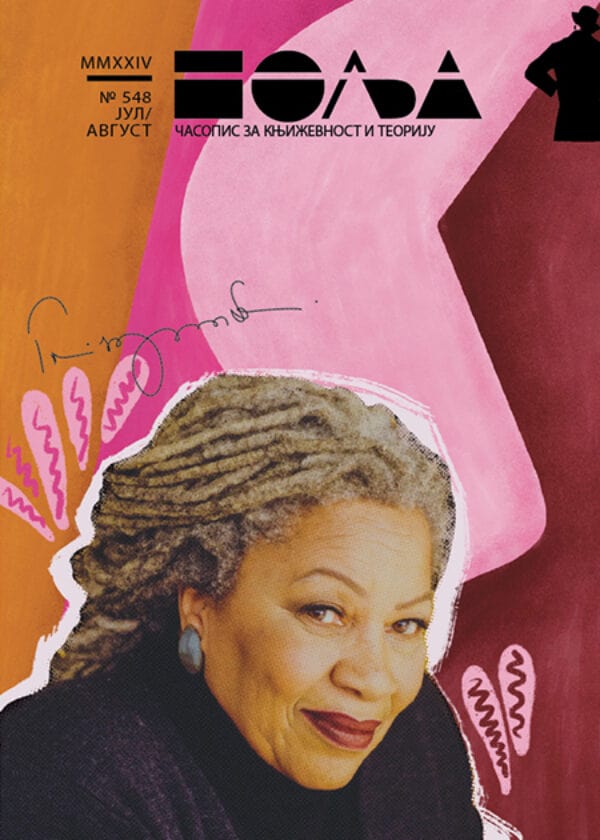
To je pravo pitanje i mislim da je i prigodno prvo koje skreće pogled sa srodnog pitanja, koje mu možda i prethodi: da li univerziteti treba da podučavaju vrednosti? To „da li” provlači se kroz debate poznog dvadesetog veka u nekoliko oblika. Pojedine discipline se ponose time što su im intelektualna istraživanja lišena vrednosti, a potraga za „objektivnošću” u srži je njihovih tvrdnji, tvrdnji koje se tumače kao ono što izdiže te discipline daleko iznad interpretativnih disciplina.
More...